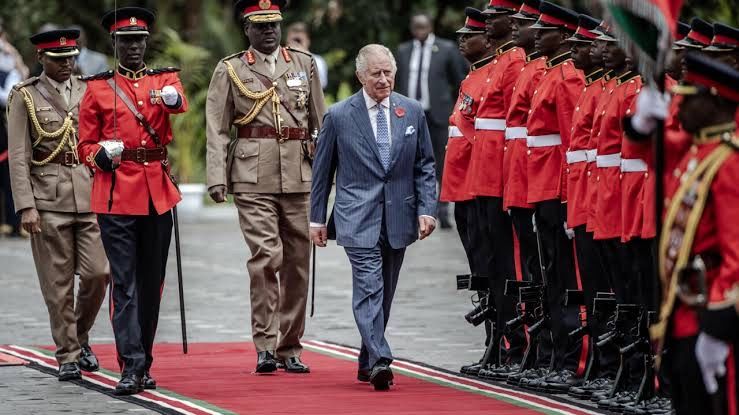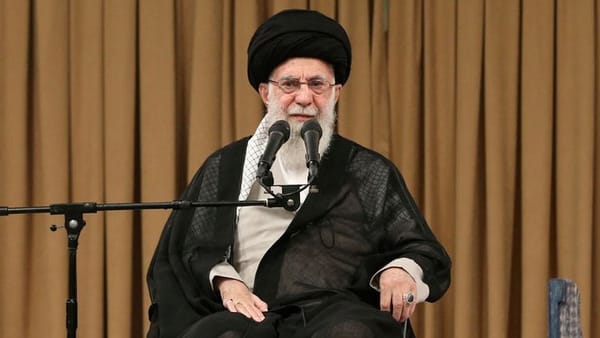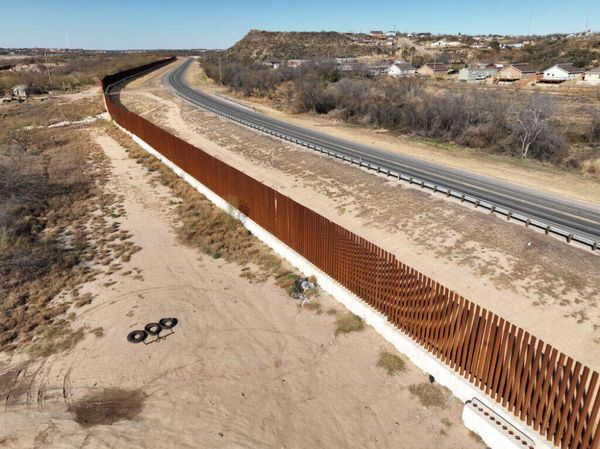King Charles and Queen Camilla Visit Kenya Amid Growing Calls for Colonial Apology

King Charles III and Queen Camilla of the United Kingdom embarked on a state visit to Kenya, a former British colony where demands for an official apology over past colonial abuses have been intensifying.
According to report, during their visit, King Charles III and Queen Camilla paid homage at "Uhuru Gardens," a significant site in the country's history, where the Kenyan flag was hoisted in place of the British Union Jack in 1963. The four-day visit, which coincides with Kenya's upcoming 60th independence anniversary, presented the strong partnership between the United Kingdom and Kenya while also addressing painful aspects of their shared history.
One of the most poignant and tragic events in the history of Kenya's struggle for independence was the Mau Mau revolt, which took place from 1952 to 1960 and resulted in the deaths of more than 10,000 Kenyans and 32 colonists. Atrocities committed during this period have left deep scars in the country's history, and many Kenyans are calling for recognition and an official apology from the UK for these events.
Reports has it that the King's visit also brought to the surface memories of the "unresolved injustices" committed during the country's colonization. The Kenya Human Rights Commission (KHRC) has documented the extrajudicial torture and killings of approximately 90,000 Kenyans by the colonial administration during that time.
While King Charles acknowledged the "abhorrent and unjustifiable acts of violence" against Kenyans during his visit, he stopped short of offering a formal apology. The visit is seen as an opportunity to acknowledge the painful history between the UK and Kenya and reflect on the need for reconciliation.
The royal couple also visited the Kariokor World War II Commonwealth Cemetery, where they met Kenyan war veterans who fought for the British during World War II as part of the King's African Rifles. The visit holds historical significance and serves as a step toward addressing the lingering impact of the colonial era.
During his visit, King Charles's statements regarding the colonial period have drawn mixed reactions among Kenyans. While some hoped for a formal apology, others noted that his expressions of regret for the "acts of violence" were an important acknowledgement of the past but fell short of a full apology.





